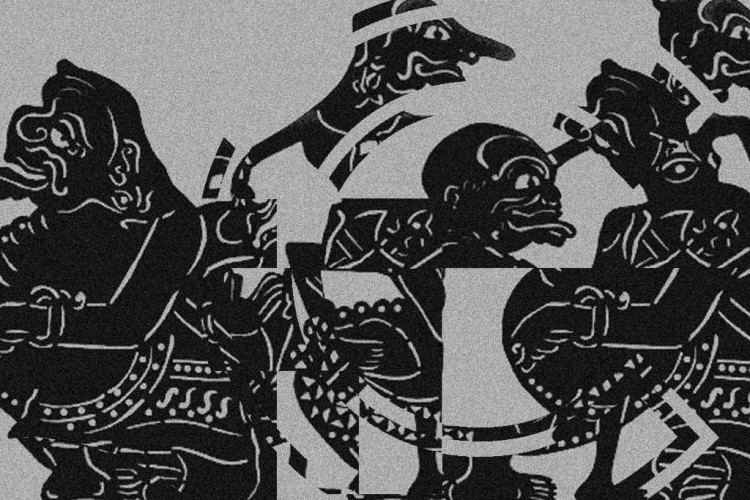
In an interview with Flipside-a punk rock fanzine published in California that existed between the year 1977 to 2000, Greg Ginn, the leader and the primary songwriter of Black Flag said an interesting answer to Flipside’s question about whether he made any profit with the band. The guitarist answer the question with a quick wit respond, “We try to eat”.
Music-business will always be an intriguing topic to talk about. And it became more compelling to deliberate it in the context of independent music scene. In this ideologically-strict world, using any means of the word “marketing” is a tricky thing to do. But again, like it or not, marketing is an essential matter for the existence of the music itself, both to one who consider music as a way to make a living and to the people who sees music as a tool to express their ideas. No matter how brilliant the music is, without any proper marketing and publication, the impact of the music will be diminished.
Today is not the ideal moment to discuss music the business. The decline of music sales that started in the late 90s is still happening today and the music industry is turning into a whole different shape ever since. The fall of physical record sales and the digital music phenomenon are some of the issues that yet to be solved.
It’s not like the industry is not trying to catch up with the trends. This is the very first time in the history where music is easier-faster to discover, and more widely available. There are some new ideas that tries to respond the shifting direction of people’s behavior in consuming music. The industry is trying to counter the declining sales by spending their big money into those new ideas. Ring back tones, online music stores, and music streaming service are some of the ideas that hoped to be the resolution of this issue.
As a part of the worldwide music industry, Indonesian music scene also trying their best to overcome the fall of the business by adapting those ideas. But, unfortunately, so far, none of the ideas are showing their potential to be the answer. We all know the damned fate of the Ring Back Tone, just a moment after its emergence, the technology fell apart miserably and have been forgotten ever since. Online music stores might be the theory that has the brightest future from all of these ideas, because paid music streaming services are far from ideal to be the solution to the problem in the country where a proper internet speed is still considered as a luxury that can be enjoyed only by certain people.
So, what can we expect from this online music store? Will it be able to answer the major dispute of the industry? The answer to these question is yet to be found, but for now, I think that it is naive to trust the future of the music business wholeheartedly on this concept. Online music stores may appear to be a convenient settlement to the way people consume music in the modern era, but is it able to revive the music business to the way it used to be? Again, the answer is negative. After several years of its existence, online music stores are still straining in its own way to make a real impact on the industry. Some online music stores that originated from Indonesia like, IM:PORT, and Langit Musik failed to impress the public with its service, and has been stranded on the sideway of the up and coming happening in the music business. What about iTunes? The Apple service looks like it has all it takes to defy the hitch in the music industry internationally. And since the service is now available here in the country (where a lot of local musicians already become a part of this service), will it be the panacea of the predicament?
I hate to be pessimistic, but I don’t think that iTunes is the ideal solution for local musician to put their music on the market. First thing first, it is quite complicated to buy music in iTunes store, the user had to have some certain bank account to buy music from the service, where the percentage of people in the country who had the account is not that much, and the number of persons who willing to buy music from iTunes among those people are even smaller. So it’s quite clear that though the existence of iTunes is a positive advancement for the music industry, to rely on the future of the music business on this idea only is simply unrealistic way of thinking.
So I guess, for now, the music industry is yet to found its panacea, and will continue to evolve with the current development.
“The public is usually slow to catch on to new things, and it’s important that musicians stick to their guns and not look for that instant gratification,”- Greg Ginn.











